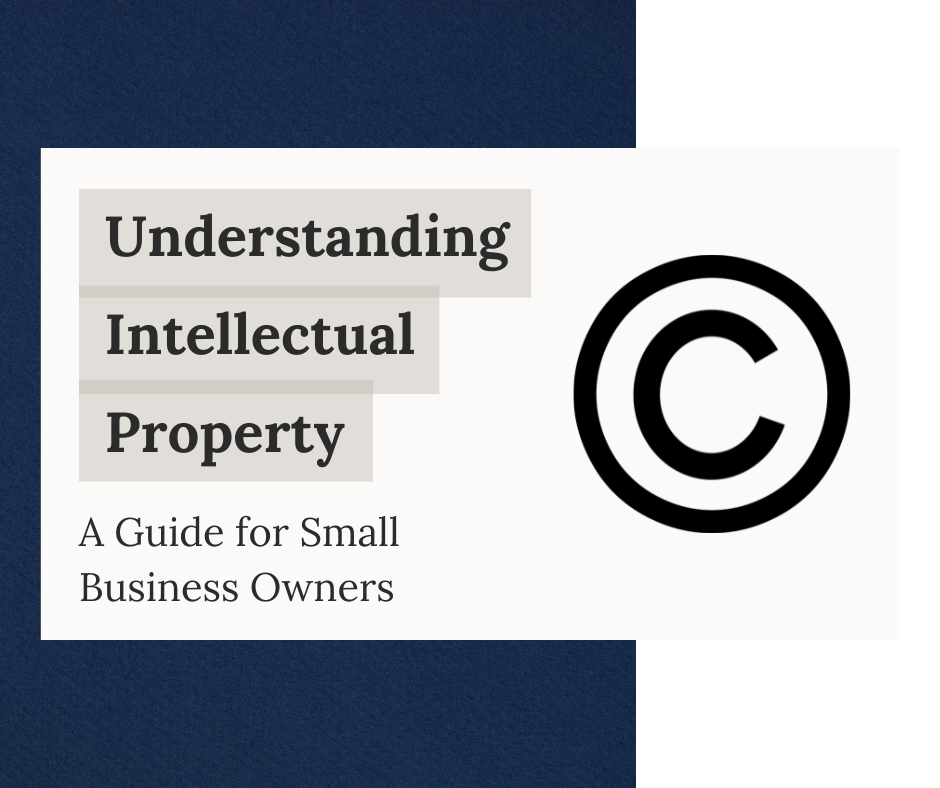In today's competitive business landscape, small businesses often find themselves in a constant struggle to…

A Comprehensive Guide to Estate Planning and Probate
1. A Comprehensive Guide to Estate Planning and Probate
Estate planning is important, but most Americans don’t have a will in place. The process requires us to discuss what to do in the event of our passing, which can be a difficult topic to face– but it’s necessary, especially in order to plan for your loved ones’ futures and protect your assets.
There’s also a misconception that estate planning is something that only the wealthy need to deal with, but putting together a will might be even more important for families of more modest means, since they may not be well-equipped to handle a sudden loss of income, or sudden expenses, like funeral costs.
Regardless of how much is in your bank account, estate planning is a responsible step for anyone who wants to ensure that their assets are distributed exactly according to their wishes. If you’re not quite sure how to get started, we’ve put together some pointers to help you navigate the process.
What is a will?
A will, also known as a “last will and testament”, is a legally-binding document which helps to ensure that your assets are distributed according to your wishes after your passing.
Define your objectives
Before you get into the specific legalities of estate planning, be sure to define your objectives. What are your financial goals? How do you envision best supporting your loved ones? Take some time to think about your wishes– this will help to inform the rest of the estate planning process.
Drafting a will
A carefully-considered and thorough will is the cornerstone of any estate plan. This document will specify exactly how your assets should be distributed, and who should oversee the process. It’s a roadmap that can help to prevent serious family disputes, and ensure that your intentions are honored.
Choosing an executor
An executor is an individual chosen by the person who created the will. They’re in charge of carrying out the instructions outlined in the will.
The executor of your will has plenty of important responsibilities after you pass away. They become your legal representative, which means that they have the authority to act on your behalf in matters related to the will and estate.
One of the primary responsibilities of the executor is to initiate the probate process. This involves submitting the will to the relevant court, which validates its authenticity and authorizes the executor to proceed with the distribution of assets.
They’re also responsible for identifying and taking inventory of all assets owned by the deceased party– this might include real estate, financial accounts, personal belongings, and other valuable items– in addition to settling any debts held by the deceased party, distributing their assets, and handling all related tax matters.
Although the executor of your will could be a trusted member of your family, people often designate their attorney to act as the executor of their will. Choosing a legal professional is typically advisable, since the responsibilities of an executor can be complex.
Choosing a trust
Trusts are versatile tools in estate planning. They allow you to safeguard assets, minimize tax liabilities, and distribute wealth efficiently– while offering flexibility and control over the distribution of your assets.
Depending on what your goals are, you might opt for either a revocable or irrevocable trust.
A revocable trust can be altered, amended, or revoked by the person who created it during their lifetime. This flexibility can be beneficial if you need to make changes based on evolving circumstances.
An irrevocable trust, on the other hand, typically cannot be modified or revoked without the consent of the beneficiaries. This can be helpful for protecting assets. An irrevocable trust also has tax advantages. For example, it reduces the size of the taxable estate and potentially minimizes estate taxes.
Planning ahead
The process of estate planning definitely benefits from planning ahead. It can help to alleviate stress for you and your loved ones, and it allows you to make more thoughtful decisions.
You should also be prepared to update your plan over the years, allowing for major life events like marriage, the birth of children, or acquiring significant assets is a necessity.
The probate process
Probate is the legal process that validates a will, and oversees the distribution of assets. This process is largely handled by the executor of the estate. During this process, the executor must identify and value the deceased’s assets.
Although some of this process will be streamlined by having a will in place, the executor will still have to carry out various administrative tasks to settle the estate. For example, some assets may have been acquired or disposed of after the time that the will was created.
They’ll also be responsible for addressing any outstanding debts or taxes. After debts and taxes are handled, the remaining assets are distributed according to the terms outlined in the will. This step requires meticulous adherence to legal procedures and plenty of organized record-keeping.
Securing your legacy
The journey of estate planning and probate can be a complex process, but it’s necessary to secure your legacy and ensure a smooth transition of assets to your loved ones after you pass away.
There are plenty of complex legal proceedings involved in the probate process. We’d highly recommend working with an attorney specializing in estate law and probate in order to ensure that your assets are distributed amongst your loved ones according to your wishes.
If you’re ready to start the process of preparing a will, our team of experienced attorneys are here to help. Learn more, or reach out to schedule an appointment with us today.



